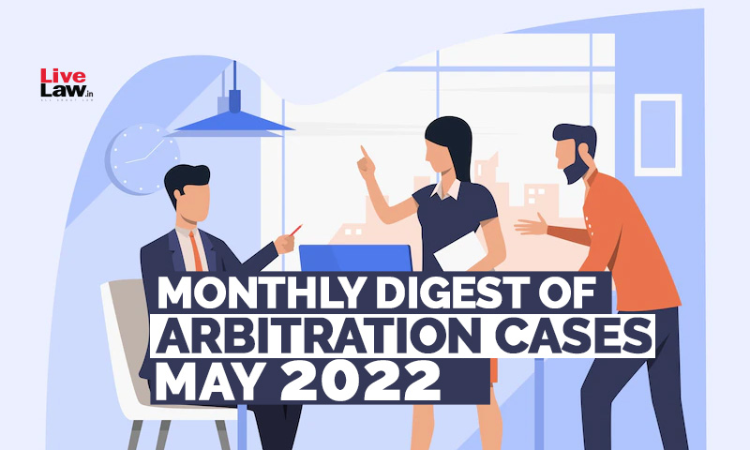- Home
- /
- News Updates
- /
- Monthly Digest Of Arbitration Cases...
Monthly Digest Of Arbitration Cases : May 2022
ausaf ayyub
2 Jun 2022 11:00 AM IST
Supreme Court "Group Of Companies" Doctrine Needs Relook,Says Supreme Court; Refers Issues To Larger Bench Case Title: Cox and Kings Limited versus SAP India Private Limited and Anr. Citation: 2022 LiveLaw (SC) 455 The Supreme Court has referred various aspects regarding the application of the doctrine of 'Group of Companies', which is often utilised to bind non-signatories...
Next Story



